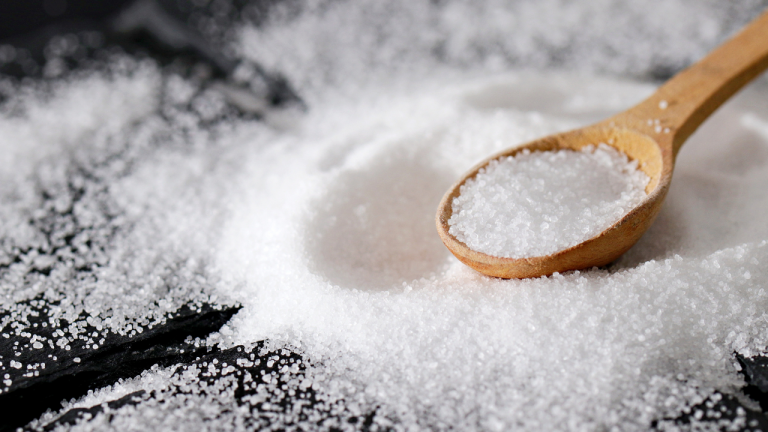Which Food Controls Blood Pressure Levels?

Several foods have been associated with helping to control blood pressure levels. Including these foods in a balanced diet may contribute to maintaining healthy blood pressure levels:
Leafy Greens: Leafy greens like spinach, kale, Swiss chard, and collard greens are rich in potassium, which can help lower blood pressure. They also contain nitrate compounds that have been linked to improved blood vessel function.
Berries: Berries, such as blueberries, strawberries, and raspberries, are high in antioxidants, including anthocyanins, which have been shown to have beneficial effects on blood pressure and overall cardiovascular health.
Oats: Whole grains like oats are a good source of fiber and have been associated with lower blood pressure levels. They contain a type of fiber called beta-glucan, which may help reduce both systolic and diastolic blood pressure.
Yogurt: Low-fat or Greek yogurt is a good source of calcium and magnesium, which are minerals that have been linked to lower blood pressure levels. Opt for plain or unsweetened yogurt to avoid added sugars.
Garlic: Garlic has been shown to have blood pressure-lowering effects. It contains compounds that can help relax blood vessels and improve blood flow.
Fish: Fatty fish like salmon, mackerel, and sardines are rich in omega-3 fatty acids, which have been associated with lower blood pressure levels. Aim for at least two servings of fatty fish per week.
Seeds and Nuts: Seeds (such as flaxseeds and chia seeds) and nuts (such as almonds and walnuts) are good sources of magnesium, potassium, and heart-healthy fats. Including them in your diet can be beneficial for blood pressure management.
Dark Chocolate: Dark chocolate with a high cocoa content (70% or more) contains flavonoids, which have been linked to improved blood flow and lower blood pressure. However, moderation is key due to its calorie and sugar content.
In addition to these specific foods, it’s important to follow an overall healthy eating pattern, such as the Dietary Approaches to Stop Hypertension (DASH) diet, which emphasizes fruits, vegetables, whole grains, lean proteins, and low-fat dairy products while limiting sodium, saturated fats, and added sugars.
It’s important to note that while these foods can be beneficial, they are not a substitute for medical advice or prescribed treatments. If you have high blood pressure or concerns about your blood pressure levels, consult with a healthcare professional for appropriate guidance and management.



